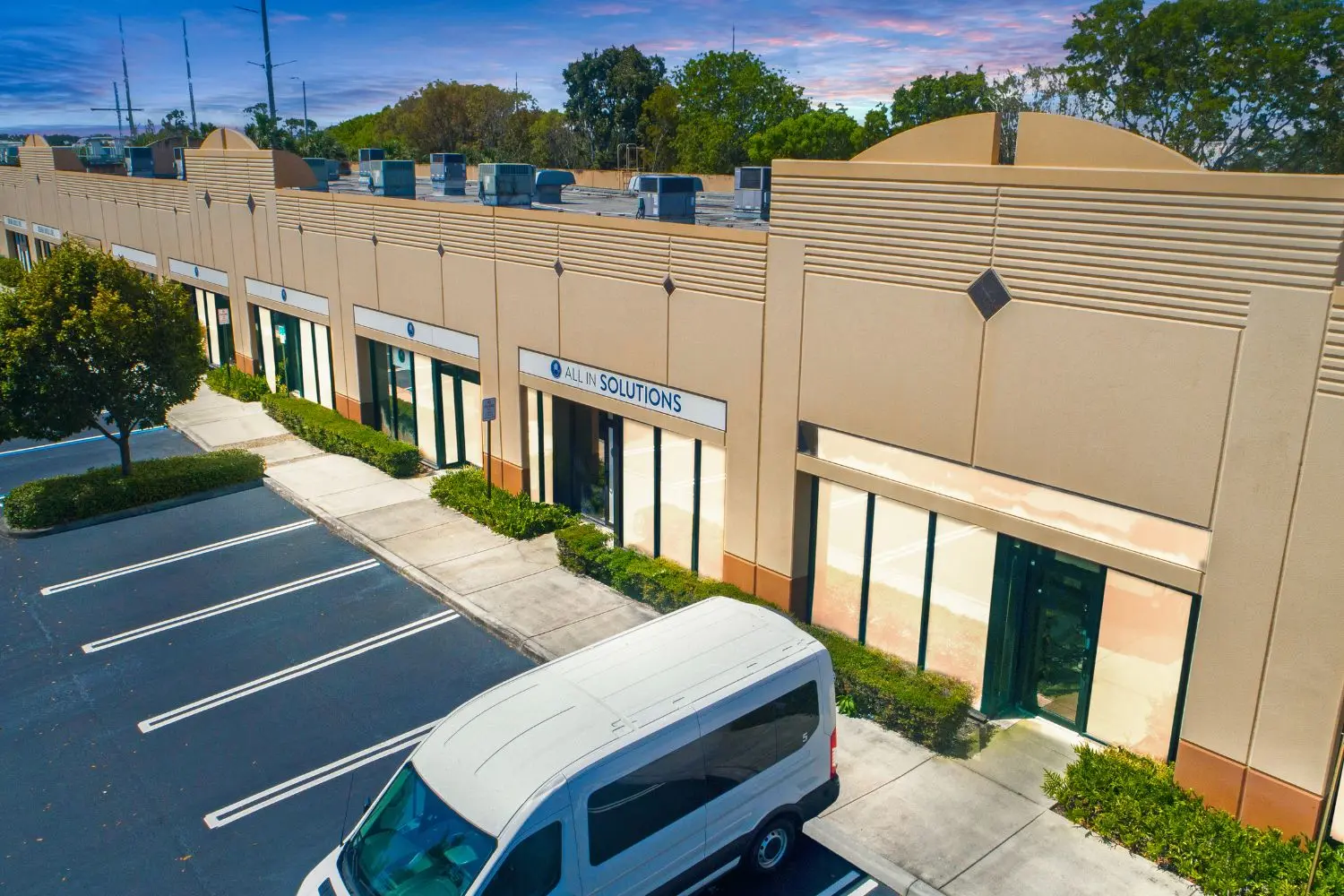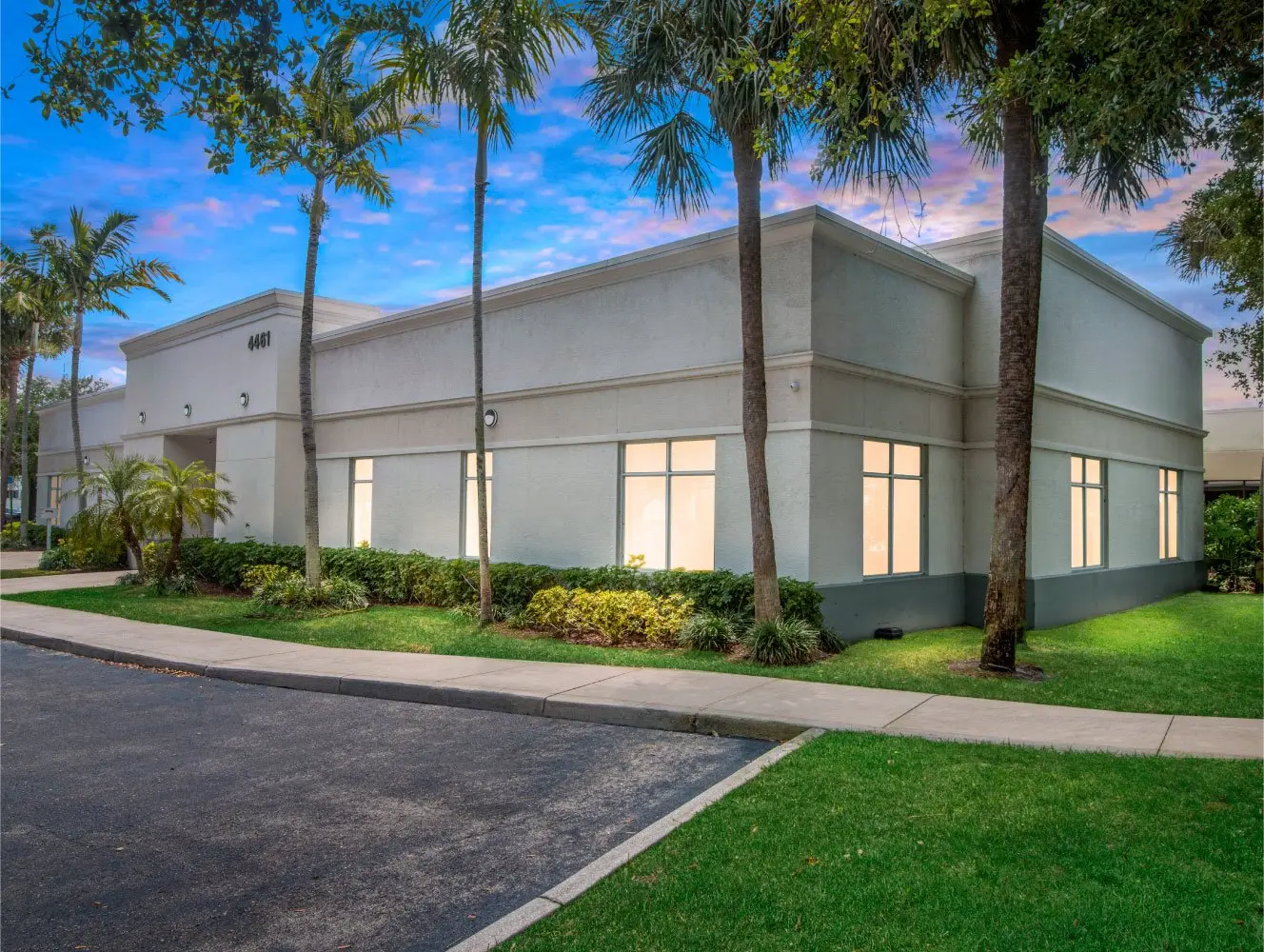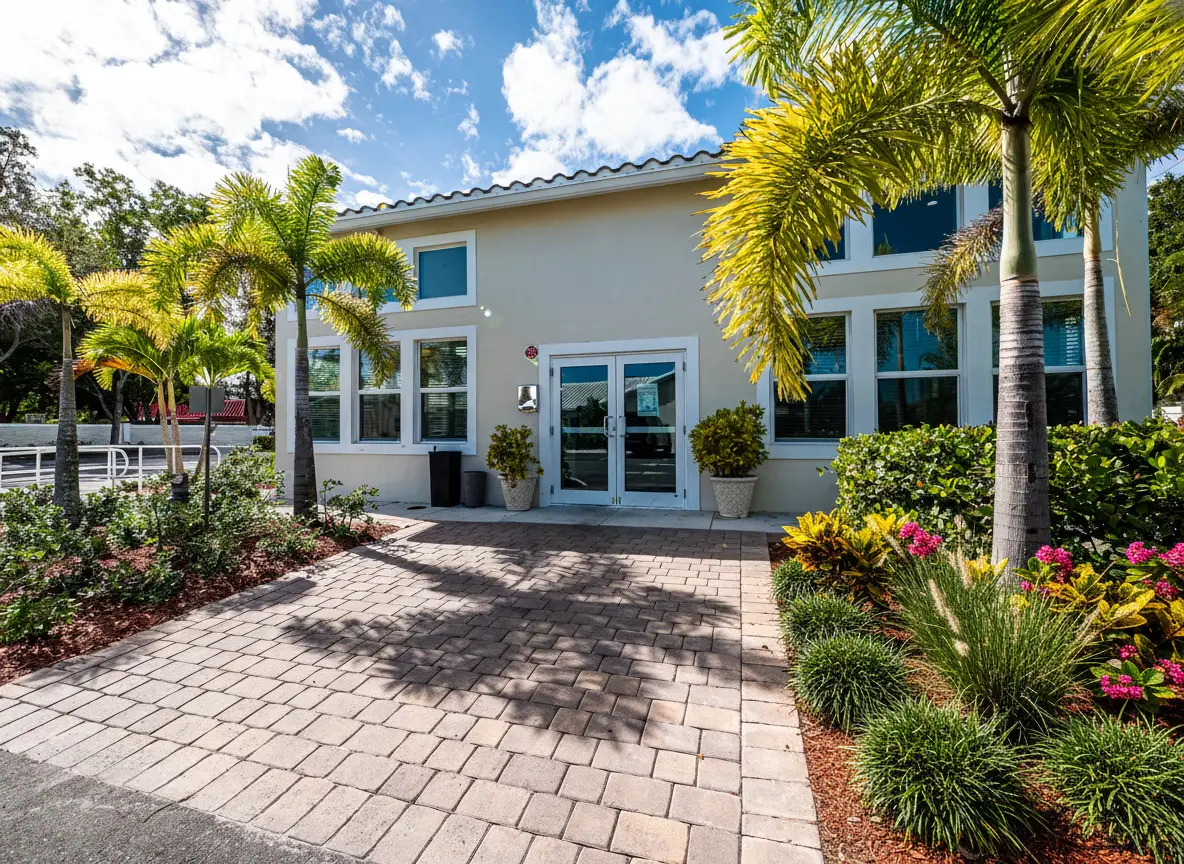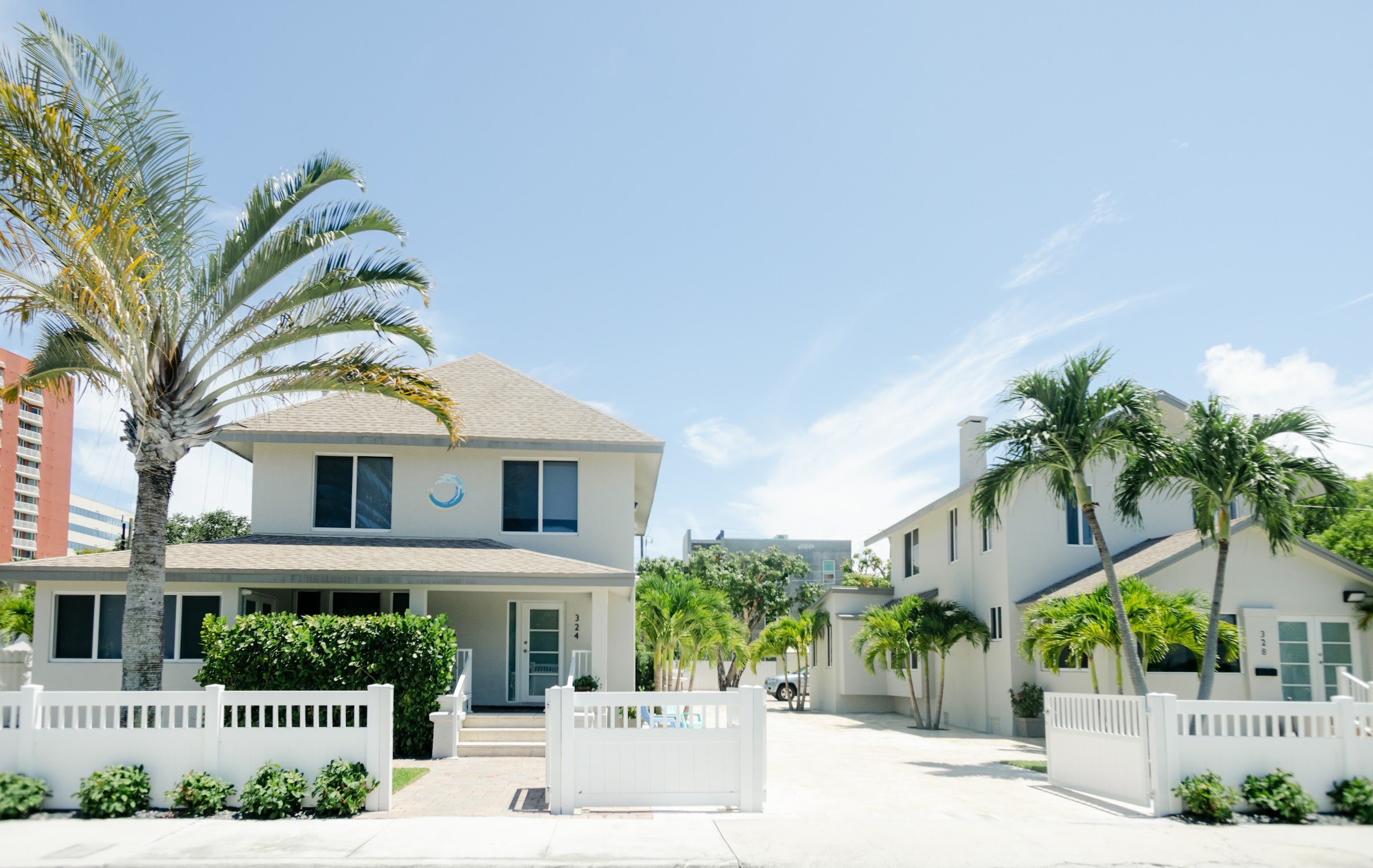About i Kare Treatment Center
For instance, they offer standard outpatient care, their least intensive program, and then they offer intensive outpatient care and a partial hospitalization program (PHP). Their PHP is the closest one to inpatient care out of the three options and it would require the most commitment of time and treatment. This is for those with slightly more severe cases of drug or alcohol addiction. They even offer treatment for opioid addictions which may require medication in order to detox from safely.
It’s important to note that this is also a dual diagnosis center which means you can also be treated for co-occurring mental health conditions.
Here are some more programs they offer that I found interesting. First, they offer a faith-based track of treatment that is separate from their regular treatment and offers the option of incorporating Christian principles and spirituality into your treatment. They also offer a 12-step-based track of treatment that focuses more on 12-step principles which can also be spiritual and religious at the core. I like that they have these as options for those who may or may not want that incorporated into their specific programming.
Finally, they offer couples treatment, individual therapy, holistic and therapeutic groups and workshops and family therapy.
Latest Reviews
Thank you for taking the time to share your feedback. We take all patient concerns seriously and would welcome the opportunity to discuss your experience directly.
Regarding billing practices, it is required by Florida law, that healthcare facilities verify insurance benefits prior to treatment, but coverage determination and final payment are ultimately made by the insurance carrier. We provide the patient with available insurance benefits, however, insurance coverage can change and not
all services may be covered as initially indicated.
We encourage you to contact our Billing Department at 561-331-8453 to review your account in detail and resolve any issue or misunderstanding you may have. Since 2014 we strive to provide quality care while maintaining transparency in billing.
If you would like to discuss your experience further, please do not hesitate to give us a call.
Sincerely,
Patient Relations Department
If you’re reading this and looking for help with addiction or mental health support, I-Kare is here for you. Call us today, healing starts here! 🌟
#ikareworks #substanceabuserecovery #westpalmbeachrehab #addictionhelp #recoveryispossible
Rehab Score
Gallery
Accepted Insurance
Other Forms of Payment
Self-pay involves paying for treatment out of your own pocket. You can use savings or credit, get a personal loan, or receive help from family and friends to fund your treatment. If you don't have insurance or your insurance plan doesn't cover a specific program, self-pay can help ensure you still get the care you need.
Private insurance refers to any kind of healthcare coverage that isn't from the state or federal government. This includes individual and family plans offered by an employer or purchased from the Insurance Marketplace. Every plan will have different requirements and out of pocket costs so be sure to get the full details before you start treatment.
Addiction Treatments
Levels of Care
Outpatient Programs (OP) are for those seeking mental rehab or drug rehab, but who also stay at home every night. The main difference between outpatient treatment (OP) and intensive outpatient treatment (IOP) lies in the amount of hours the patient spends at the facility. Most of the time an outpatient program is designed for someone who has completed an inpatient stay and is looking to continue their growth in recovery. Outpatient is not meant to be the starting point, it is commonly referred to as aftercare.
Intensive Outpatient programs are for those who want or need a very structured treatment program but who also wish to live at home and continue with certain responsibilities (such as work or school). IOP substance abuse treatment programs vary in duration and intensity, and certain outpatient rehab centers will offer individualized treatment programs. Their intensive outpatient program also provides sober housing at local sober living residences.
A partial hospitalization program (PHP) is a short-term form of intensive rehab, usually for those with acute symptoms that are hard to manage but don't require 24-hour care. PHP treatment involves daily treatment on-site, but patients can remain living at their home throughout the course of treatment.
12-step programs are addiction recovery models based on Alcoholics Anonymous (AA). The traditional 12 step track for recovery at i-Kare Treatment Center is centered on each person’s unique skills and strengths brought to the forefront by our addiction recovery professionals.
Sober living houses (SLHs), aka sober homes or halfway houses, are safe, substance-free, supportive living facilities for those recovering from substance abuse. Ideal for those who've just been through inpatient or outpatient treatment, SLHs are supervised environments with rules that support sobriety, such as curfews, shared chores, and therapeutic meetings. Residents are also often trained on life skills and coping skills to make it easier to transition into society. SLHs also provide a strong sense of community that can lead to the kind of deep and lasting connections with other sober individuals that supports a new, healthy lifestyle. At i-Kare's sober living home, clients are expected to pay for their own food and are responsible for cooking for themselves.
24-hour clinical care in Florida is an essential part of treatment, particularly with medical detox. Withdrawal symptoms can be severe, and supervised detox provides around the clock access to medical professionals who can adminsiter proper medications and treatment to address these symptoms and step in should an emergency occur. This intensive clinical care will help curb the withdrawal effects, minimize substance dependence, and prepare you for the next step of treatment.
Treatments
The goal of treatment for alcoholism is abstinence. Those with poor social support, poor motivation, or psychiatric disorders tend to relapse within a few years of treatment. For these people, success is measured by longer periods of abstinence, reduced use of alcohol, better health, and improved social functioning. Recovery and Maintenance are usually based on 12 step programs and AA meetings.
Drug rehab in Florida provides quality treatment to help individuals overcome dependency related to a wide range of addictive substances. Programs address both the physical and mental aspects of addiction in order to help you make a full recovery.
Many of those suffering from addiction also suffer from mental or emotional illnesses like schizophrenia, bipolar disorder, depression, or anxiety disorders. Rehab and other substance abuse facilities treating those with a dual diagnosis or co-occurring disorder administer psychiatric treatment to address the person's mental health issue in addition to drug and alcohol rehabilitation.
A combined mental health and substance abuse rehab has the staff and resources available to handle individuals with both mental health and substance abuse issues. It can be challenging to determine where a specific symptom stems from (a mental health issue or an issue related to substance abuse), so mental health and substance abuse professionals are helpful in detangling symptoms and keeping treatment on track.
Opioid rehabs specialize in supporting those recovering from opioid addiction. They treat those suffering from addiction to illegal opioids like heroin, as well as prescription drugs like oxycodone. These centers typically combine both physical as well as mental and emotional support to help stop addiction. Physical support often includes medical detox and subsequent medical support (including medication), and mental support includes in-depth therapy to address the underlying causes of addiction.
Programs
Adult rehab programs include therapies tailored to each client's specific needs, goals, and recovery progress. They are tailored to the specific challenges adult clients may face, including family and work pressures and commitments. From inpatient and residential treatment to various levels of outpatient services, there are many options available. Some facilities also help adults work through co-occurring conditions, like anxiety, that can accompany addiction.
Recovery is most successful when clients feel accepted and validated by their peers and treatment providers. Facilities that offer LGBTQ-inclusive programming are committed to creating a safe space where everyone can grow and recover without fear of judgment or discrimination. They will have dedicated policies in place to create a safe and supportive environment that fosters free expression.
Young adulthood can be an exciting, yet difficult, time of transition. Individuals in their late teens to mid-20s face unique stressors related to school, jobs, families, and social circles, which can lead to a rise in substance use. Rehab centers with dedicated young adult programs will include activities and amenities that cater to this age group, with an emphasis on specialized counseling, peer socialization, and ongoing aftercare.
Clinical Services
Life skills trainings involve all the skills a person must have in order to function successfully in the world. These include time management, career guidance, money management, and effective communication. Truly successful addiction recovery is based on the ability to not only live substance-free, but to thrive. Life skills teaches the practical necessities of functioning in society, which sets clients up for success in life, and therefore sobriety. A counselor will work with you, individually to guide you towards the path that will be most beneficial to your overall success beyond addiction treatment.
Whether a marriage or other committed relationship, an intimate partnership is one of the most important aspects of a person's life. Drug and alcohol addiction affects both members of a couple in deep and meaningful ways, as does rehab and recovery. Couples therapy and other couples-focused treatment programs are significant parts of exploring triggers of addiction, as well as learning how to build healthy patterns to support ongoing sobriety.
Amenities
-
Residential Setting
-
Private Setting
-
Gym
Staff & Accreditations
Staff
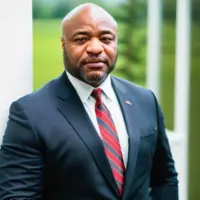
Jonathan Gary
CEO
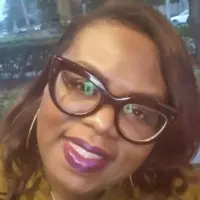
Nichole Gary
COO

Robert Parkinson
Therapist

Andria Thompson
Accounts Receivable Specialist
Accreditations

The Substance Abuse and Mental Health Services Administration (SAMHSA) is a branch of the U.S. Department of Health and Human Services. Established in 1992 by congress, SAMHSA's mission is to reduce the impact of substance abuse and mental illness on American's communities.
SAMHSA Listed: Yes
Contact Information
1720 E Tiffany Dr
#101
West Palm Beach, FL 33407


